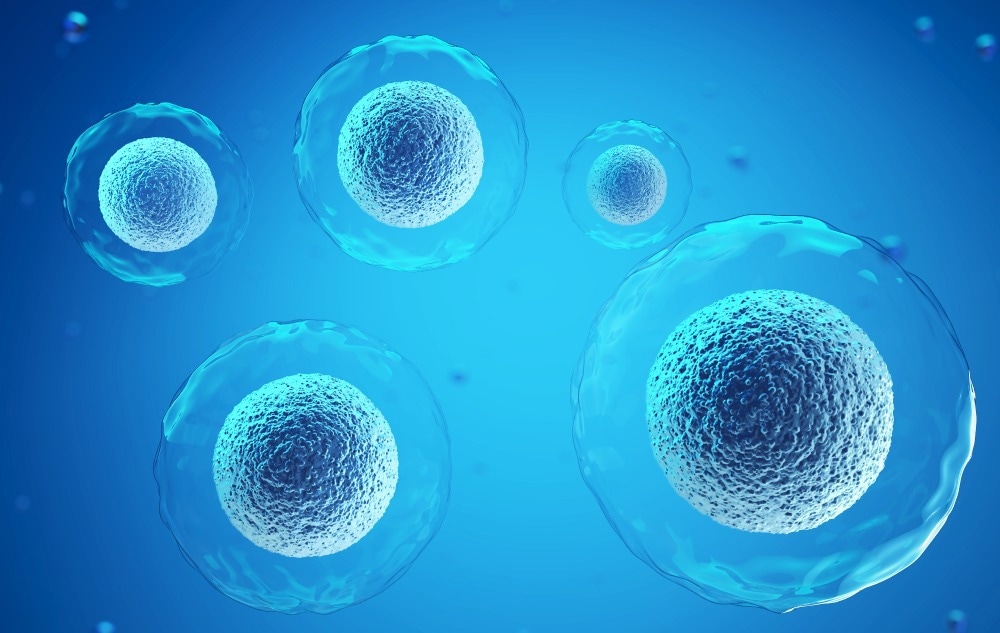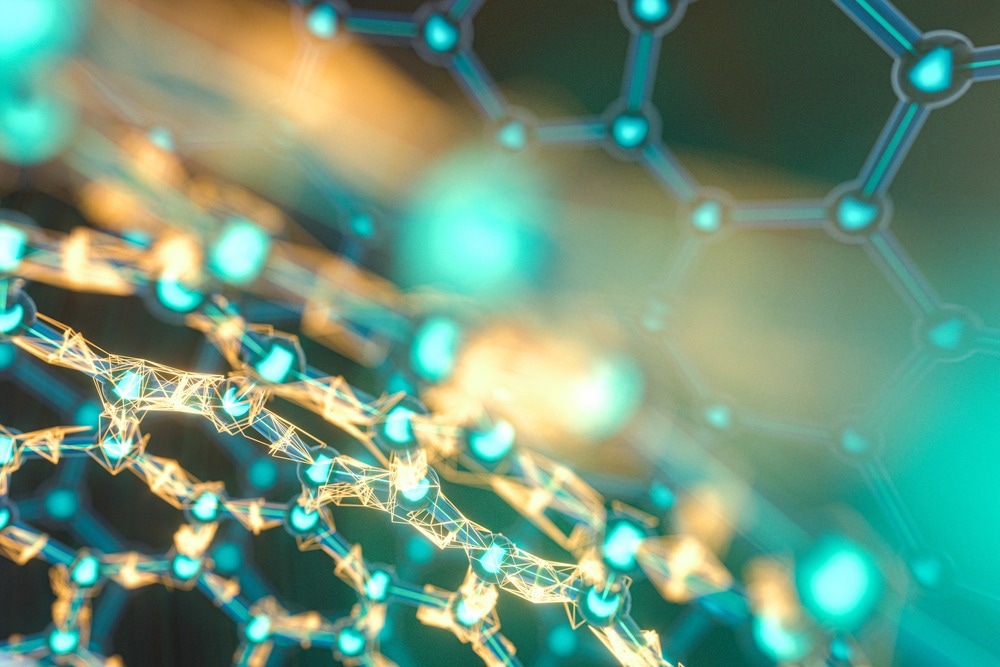What is regenerative medicine?
An immune-centric approach to regenerative medicine
Biomaterials, immunity, and regenerative medicine
References
Further reading
Regenerative medicine is a promising research area that focuses on restoring and repairing diseased or damaged cells, tissue, or organs. It is a branch of medicine comprising tissue engineering and regenerative strategies, such as generating and using therapeutic stem cells, tissue engineering, and producing artificial organs. This article focuses on current tissue engineering strategies and some of the latest work on immunomodulation as a window into the exciting field of regenerative medicine.

Image Credit: Anusorn Nakdee/Shutterstock.com
What is regenerative medicine?
Sometimes our cells, tissues, and organs do not work as they should. A loss of optimal function can occur because of injury or disease. Or it can simply be the result of natural aging. The major goal of regenerative medicine is to develop strategies to repair, regrow or replace damaged or diseased cells, organs, or tissues. The overall aim is to rejuvenate human biomaterials such that proper function is restored.
Tissue engineering and regenerative medicine-based approaches typically involve the use of a combination of scaffolds, cells, and bioactive molecules. Traditional approaches have largely focussed on biomaterials, stem cells, and growth factors, and more recently, there has been a move toward an immune-centric approach in addition to these areas.
An immune-centric approach to regenerative medicine
The gold standard method in regenerative medicine is autografting (where the patient’s own tissues are used to promote healing). This technique is not without problems, especially, but not exclusively, the rejection of the graft. The problems encountered here have encouraged the search for alternative methods. One avenue is that of our immune system.
There is growing evidence to suggest that active control of the immune system offers a promising therapeutic approach to regeneration. A better understanding of the immune mechanisms at work in tissue regeneration could help us understand how grafts (and biomaterials) are rejected.
We need to know more about the function of immune components in tissue healing to identify potential targets for successful regenerative medical strategy. The immune response to tissue damage is critical to assessing the integrity of the healing process. The mechanisms involved here remain yet complex and mysterious.
The immune response comprises both innate and adaptive immunity. A whole host of molecules play a part. Here we will briefly recap some of the main molecules. First to consider innate immunity and this response is the body’s first line of defense against foreign invaders. Innate immunity comprises macrophages and neutrophils, among other molecules. In addition to engulfing foreign objects, these cells stimulate the inflammatory response. They work to clear away cellular debris, remodel the extracellular matrix (ECM) and synthesize cytokines. The second line of defense is that of adaptive immunity, and here the T-cells play a key role in addition to a whole host of other molecules.
Although the two processes (innate and adaptive immunity) have largely been considered independent, research shows there is much overlap between the two. The major actors involved in the modulation of tissue healing are danger signals (endogenous molecules released in response to stress, including damage-associated molecular patterns or DAMPs), neutrophils, and macrophages.
Recently remarkable strides have been made in understanding the cellular and molecular mechanisms of tissue healing. These range on a spectrum between incomplete healing and repair. Here we will consider two current strategies at the forefront of investigation into immunomodulation in regenerative medicine: biomaterials and scaffolds.
Biomaterials, immunity, and regenerative medicine
Biomaterials, such as metals, ceramics, polymers, and composites, are foreign objects to the human body, and so, like autografting, pose a risk of rejection. This may be heightened when such materials are put to work independently, as in the case of metallic implants.

Image Credit: Vink Fan/Shutterstock.com
An alternative approach to this is the delivery of biomaterials via immune components acting as immunomodulators. The response may be positive or negative (i.e., pro- or anti-inflammatory). This works in accordance with the physicochemical properties of the biomaterial pertaining to the following criteria: (1) form (solid, hydrogel, or micro/nano particles), (2) level of crosslinking and degradability, (3) hydrophobicity, (4) topography, (5) nature (natural or synthetic).
Another strategy for immune modulation is that of the decellularized ECM. Using excised tissues, cells are separated from the ECM to leave a scaffold. The artificially rendered structure is influential upon cellular processes and can function to create pro-regenerative conditions.
In this area of research, bioengineered livers using decellularized scaffolds have been studied. Here the biophysical properties of scaffolds have been modulated through crosslinking with nano-graphene oxide. This has been shown to be successful in enhancing the therapeutic capacity of the liver. This new technique is a promising alternative to organ donation.
References
- Julier, Z. et al. (2017) Promoting tissue regeneration by modulating the immune system. Acta Biomaterialia. doi: 10.1016/j.actbio.2017.01.056
- Kim, D. H. et al. (2023) Bioengineered liver crosslinked with nano-graphene oxide enables efficient liver regeneration via MMP suppression and immunomodulation. Nat. Commun. doi: 10.1038/s41467-023-35941-2
- Petrus-Reurer, S. et al. (2021) Immunological considerations and challenges for regenerative cellular therapies. Commun. Biol. doi: 10.1038/s42003-021-02237-4
Last Updated: May 1, 2023